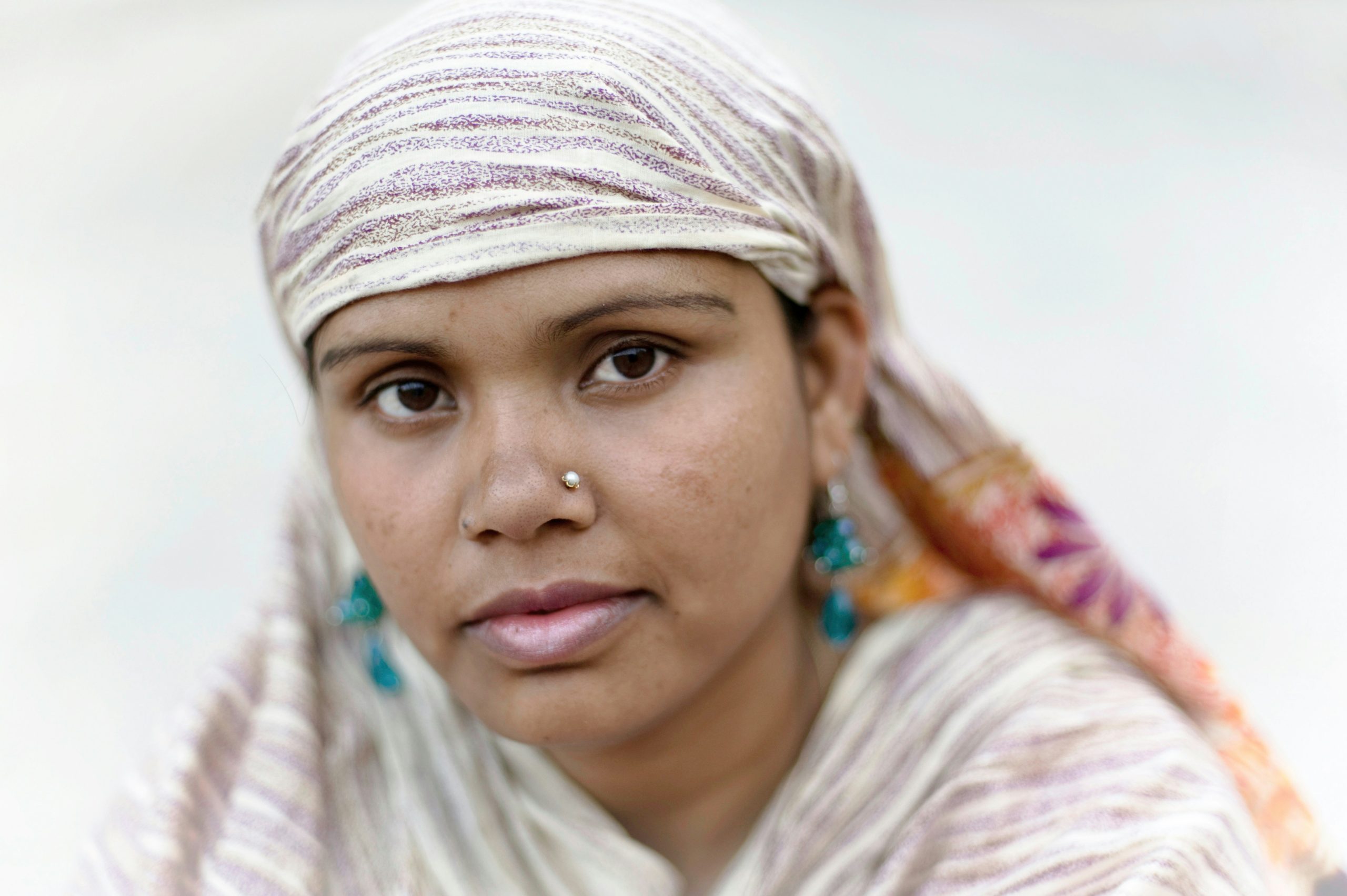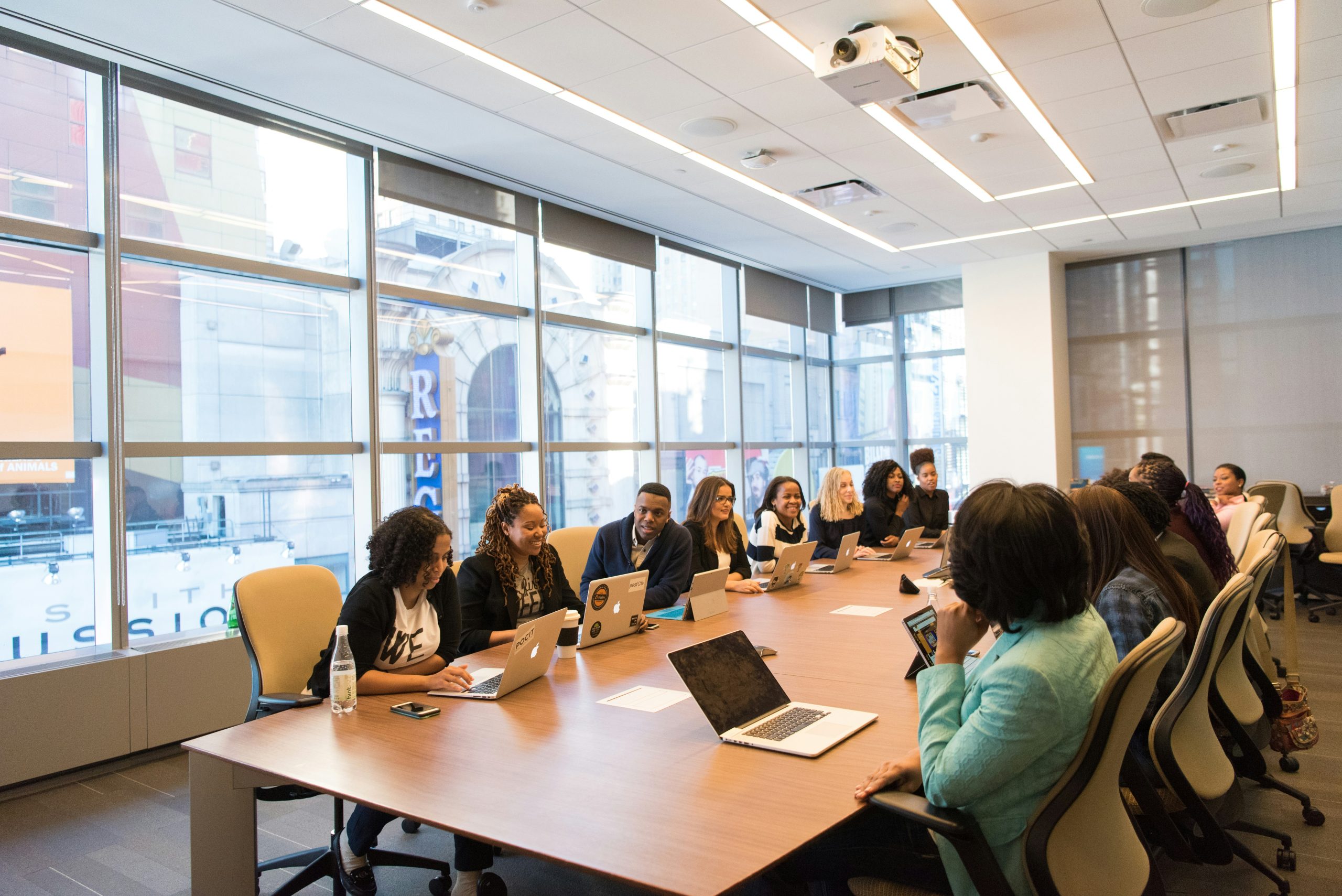Title: How to Foster Cultural Awareness in Children
Introduction:
In a world that thrives on diversity and intercultural interactions, raising culturally aware children has become more important than ever. This article explores five simple yet effective steps parents can take to open their kids’ minds to new cultures. By implementing these strategies, parents can help their children develop a deep appreciation for the richness of the world around them.
why exposing kids to new cultures is important

Experts across various fields have long emphasized the significance of cultural diversity in a child’s development. From enriching their perspective to fostering empathy and understanding, here are some compelling reasons why exposing kids to cultural diversity is crucial:
Expanding Horizons through Education
Education plays a vital role in introducing children to different cultures and traditions. By incorporating multicultural education into school curriculums and home learning environments, kids can gain a broader understanding of the world around them. Through lessons on history, geography, and social studies, they can appreciate the diversity that exists beyond their immediate surroundings.
Enhancing Language Skills and Communication
Learning about diverse cultures often involves exposure to various languages. Teaching kids about other languages not only helps them communicate with a wider range of people but also improves their cognitive abilities. Bilingualism or multilingualism opens doors to new opportunities and fosters a sense of global interconnectedness.
Fostering Empathy and Understanding
Exposure to different cultural perspectives encourages empathy and understanding in children. When kids learn about the beliefs, practices, and values of diverse communities, they develop empathetic skills that are essential for building harmonious relationships and promoting inclusivity.
Encouraging Cultural Exchange
Cultural diversity allows for meaningful cultural exchange experiences. Participating in cultural events, celebrations, and traditions enables kids to appreciate the uniqueness of each culture while finding common ground with others. Through exchanges with people from different backgrounds, children can celebrate diversity and embrace unity.
Empowering Children for a Brighter Future
By instilling a respect for cultural diversity in children, we empower them to navigate an increasingly globalized world with confidence and sensitivity. Understanding and respecting cultural differences are crucial skills that will serve kids well in their personal, academic, and professional lives.
In conclusion, exposing kids to cultural diversity is not only a means of broadening their horizons but also a way to cultivate values of acceptance, respect, and unity. By embracing and celebrating the richness of our diverse world, we pave the way for a brighter, more inclusive future for generations to come.
incorporating cultural activities into daily routine

May 21st marks the World Day for Cultural Diversity for Dialogue and Development, a day designated by the United Nations to promote the richness of world cultures and the importance of understanding and respecting cultural diversity. In today’s globalized world, cultural diversity is more prevalent than ever, making it essential to incorporate cultural activities into our daily routines to foster awareness and appreciation.
embracing diversity in everyday life
From the workplace to school settings, diversity plays a significant role in shaping our experiences. Understanding and celebrating this diversity can have a positive impact on individuals and communities. Here are some ways to incorporate cultural activities into your daily routine:
- Attend cultural festivals and events in your community.
- Cook and explore different cuisines from around the world.
- Learn a new language or practice phrases from different cultures.
- Read books and watch movies that highlight diverse cultures.
educational initiatives for cultural inclusion
Equity, Diversity, and Inclusion Frameworks are becoming increasingly common in various institutions to promote a sense of belonging and respect for all individuals, irrespective of their backgrounds. Educational institutions can play a crucial role in promoting cultural diversity by:
- Integrating cultural subjects into the curriculum.
- Organizing cultural exchange programs and multicultural events.
- Inviting guest speakers from diverse backgrounds to share their experiences.
diversity in fitness and well-being
Just as physical fitness is vital for overall well-being, cultural diversity can also enrich our lives and enhance our mental health. High Intensity Interval Training, or HIIT, promotes not only physical health but also mental well-being. Biodiversity and health are interconnected, emphasizing the importance of a holistic approach to well-being that includes cultural aspects.
promoting diversity in the workplace
Workplaces that prioritize gender equality and diversity are not only more inclusive but also more innovative and successful. Implementing programs like “Autism at Work” highlights the value of diverse perspectives and abilities in achieving organizational goals. Employers are encouraged to recognize and leverage the full spectrum of diversity present in their workforce.
incorporating cultural learning into family life
Parents play a crucial role in shaping children’s perceptions of cultural diversity. Encouraging children to participate in cultural activities from a young age can instill values of empathy, tolerance, and appreciation for different cultures. Show-and-tell sessions can be a fun way for kids to share their cultural heritage with their peers and learn about others’ backgrounds.
By embracing and incorporating cultural activities into our daily routines, we not only enrich our lives but also contribute to building a more inclusive and harmonious society where everyone feels valued and respected for who they are.
encouraging curiosity and asking questions

In today’s interconnected world, cultural diversity plays a vital role in shaping individuals’ perspectives, fostering curiosity, and promoting inquiry. Embracing various cultures not only enriches our understanding of the world but also enhances our ability to engage with different ways of thinking and being. Let’s explore how cultural diversity can spark curiosity and encourage a thirst for knowledge.
bridging the gap between academic excellence and inclusivity
Schools like St Andrews Sukhumvit 107 are setting the stage for embracing cultural diversity by bridging the gap between academic excellence and inclusivity. By creating a welcoming environment that celebrates students’ diverse backgrounds, these institutions encourage students to appreciate and learn from each other’s cultural heritage.
fostering a culture of scientific temper: a path to progress
Fostering cultural diversity in education goes hand in hand with nurturing a culture of scientific temper. Encouraging students to ask questions, seek answers, and explore different perspectives not only cultivates critical thinking but also promotes a deeper understanding of the world around them.
tips to address a student agency gap
To empower students from diverse cultural backgrounds, here are three tips to address the student agency gap:
– Encourage student voice: Provide opportunities for students to share their unique perspectives and experiences.
– Promote inclusive classroom discussions: Create a safe space where students feel comfortable expressing their views.
– Offer culturally relevant curriculum: Incorporate diverse perspectives into the curriculum to make learning more engaging and meaningful.
transformative social and emotional learning
Embracing cultural diversity in education also contributes to transformative social and emotional learning. By exposing students to different cultures, traditions, and beliefs, schools can help them develop empathy, respect, and an appreciation for the richness of human diversity.
becoming culturally competent global leaders
In today’s globalized society, effective leaders need to be culturally competent. By understanding and valuing cultural diversity, leaders can foster inclusive environments that promote collaboration, innovation, and growth. Here are six signature traits of inclusive leadership:
– Empathy: Understanding and relating to others’ experiences.
– Open-mindedness: Being receptive to diverse perspectives and ideas.
– Collaboration: Encouraging teamwork and cooperation across cultures.
– Adaptability: Being flexible and responsive to cultural differences.
– Respect: Valuing and honoring the uniqueness of each individual.
– Continuous learning: Seeking opportunities to expand cultural awareness and knowledge.
By embodying these traits, leaders can create a more inclusive and dynamic work environment that leverages the power of cultural diversity for success.
In conclusion, embracing cultural diversity not only fosters curiosity and promotes inquiry but also enriches our lives by exposing us to new ways of thinking, being, and relating to others. By nurturing a culture of inclusivity and respect for diversity, we can cultivate a more interconnected and harmonious world for future generations to thrive in.
